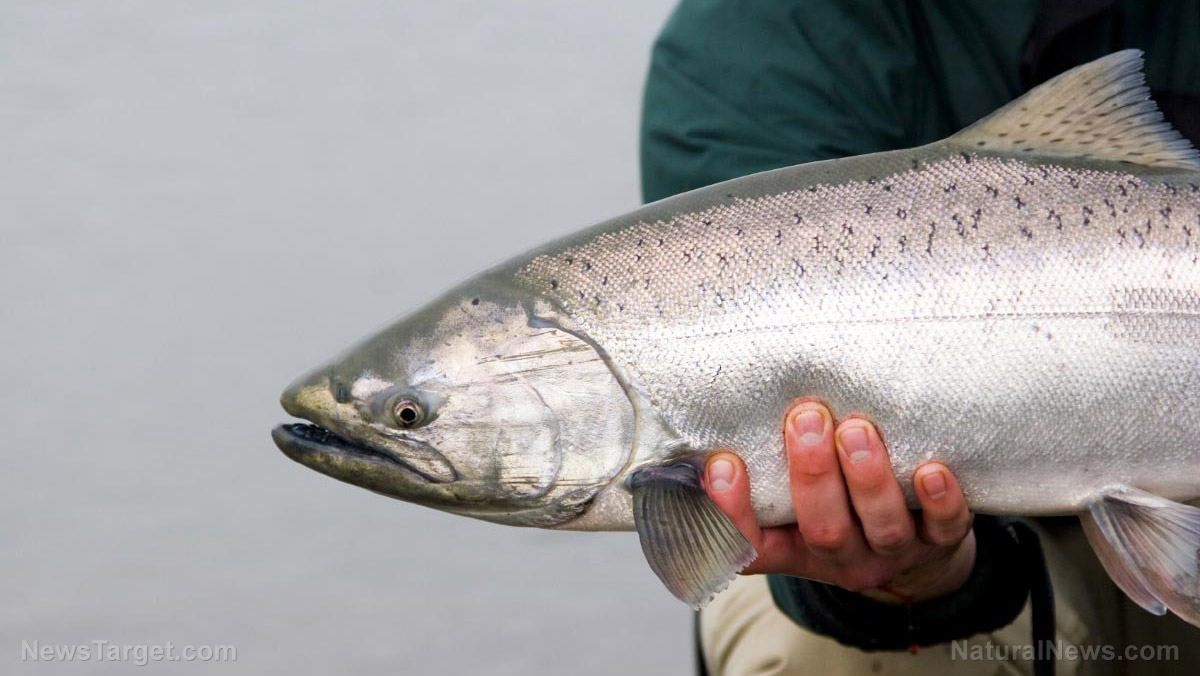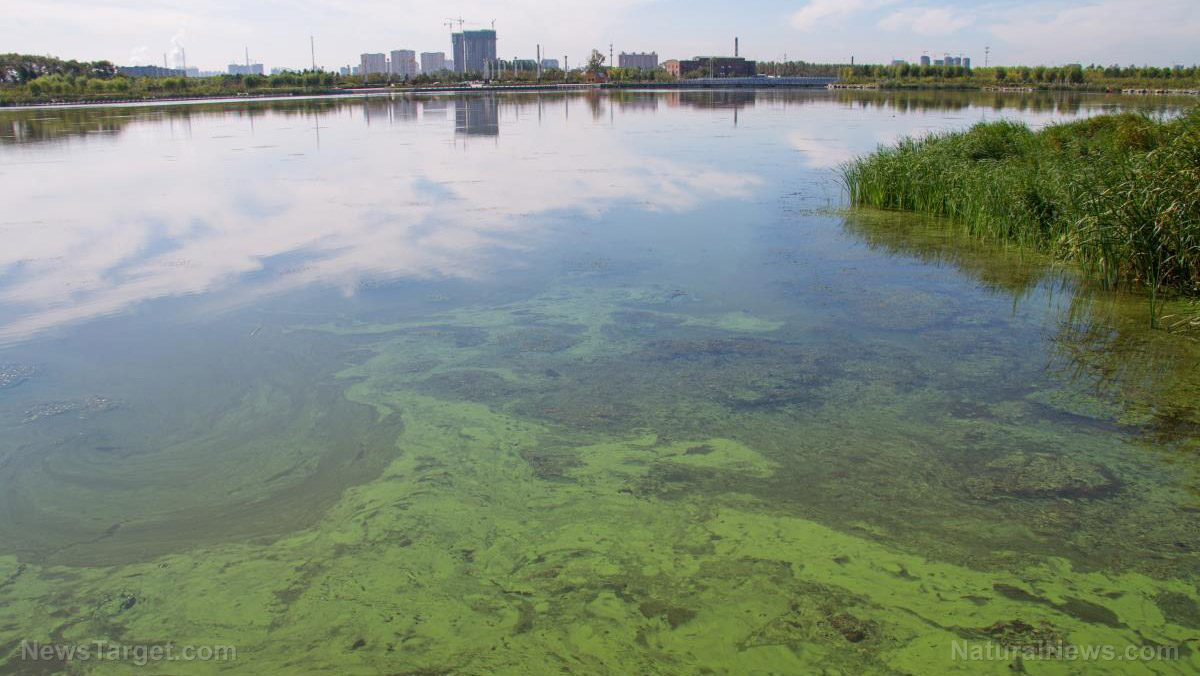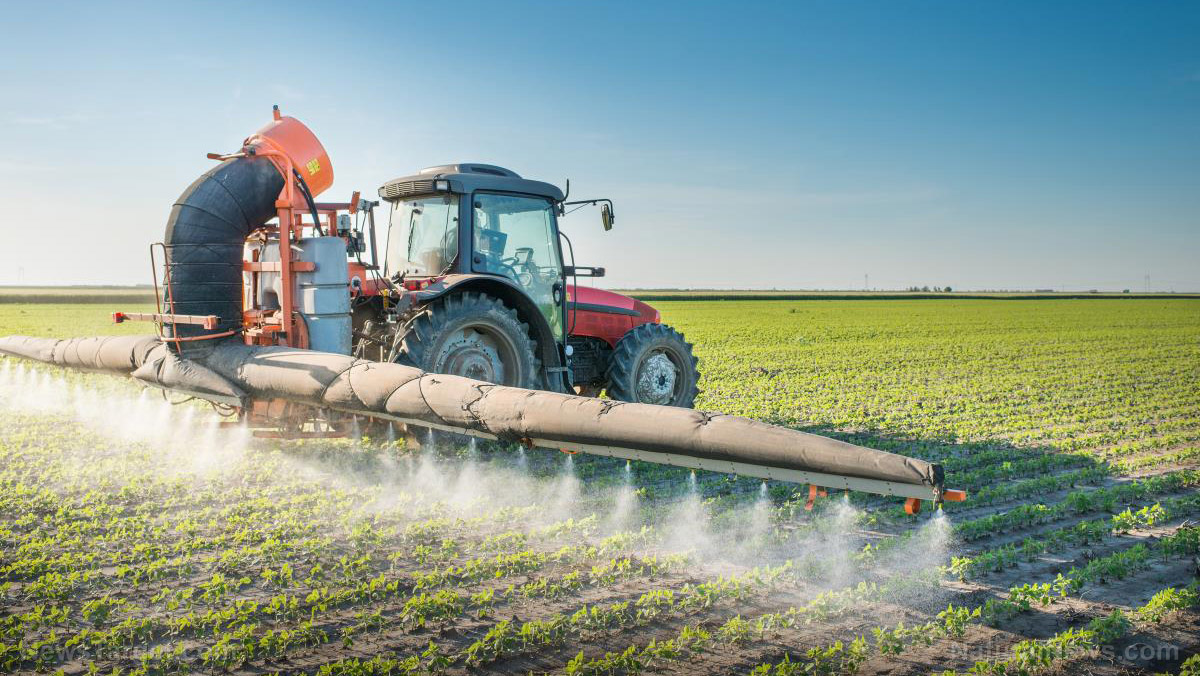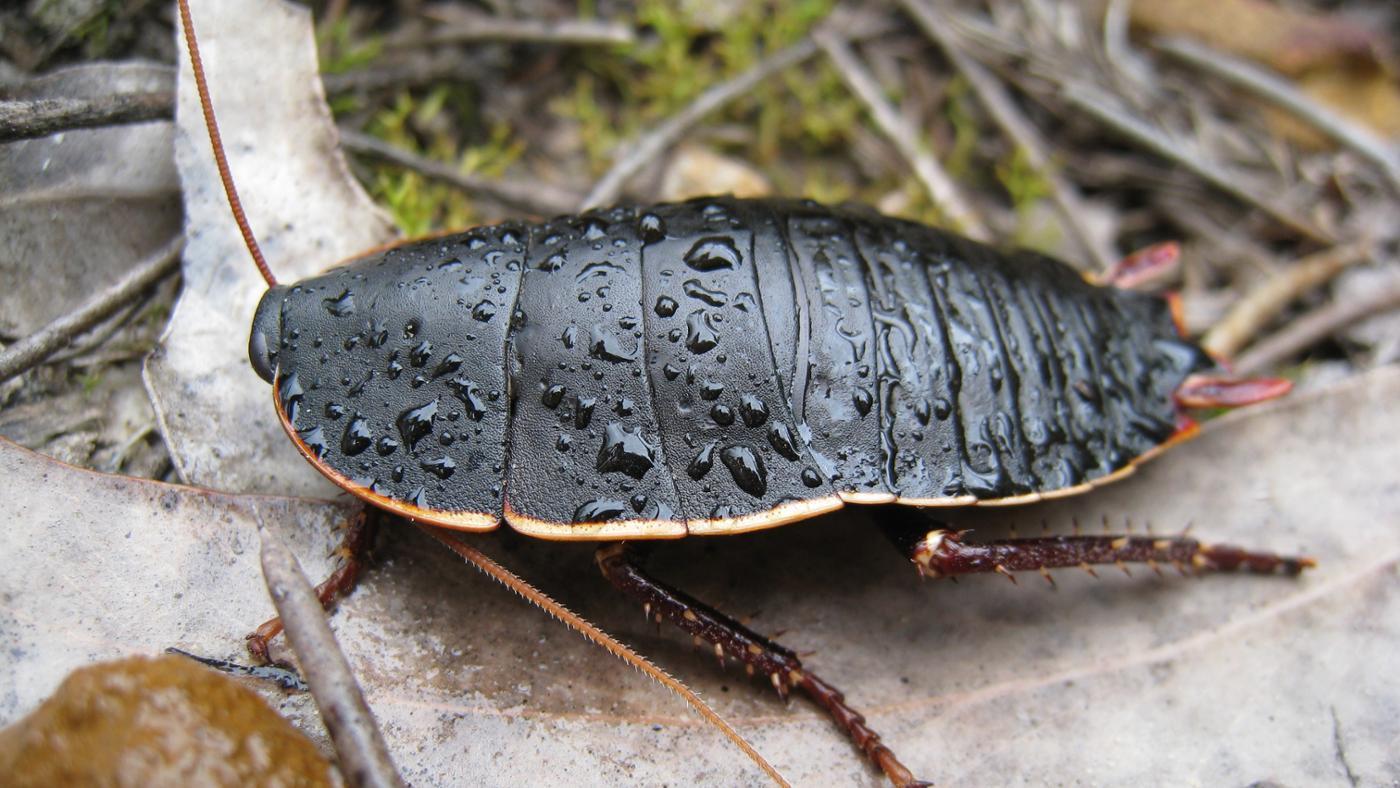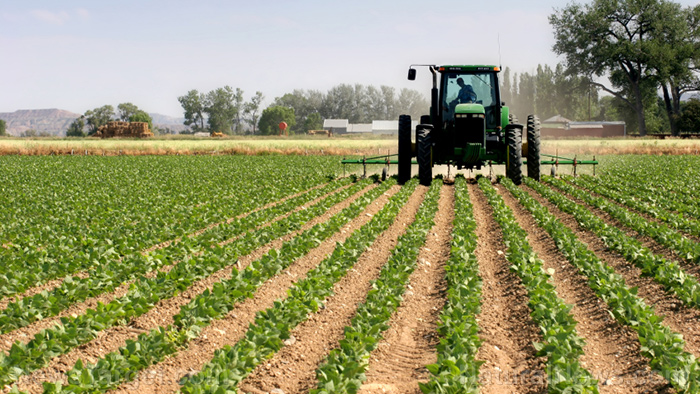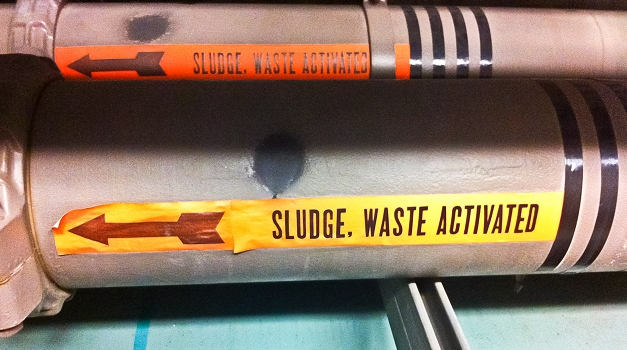Pesticide exposure can lead to high blood pressure in children
02/07/2020 / By Tracey Watson

As crazy as it sounds, high blood pressure is not only a problem that affects adults. The American Heart Association reports that it can affect people of all ages, including babies, young children and teens. In fact, experts report that while a third of all adults are hypertensive, around 3.5 percent of kids also suffer with this condition.
It is certainly true that elevated blood pressure – whether in adults or children – is often associated with lifestyle factors like obesity, lack of physical activity and the use of certain medications. However, a recent study published in the journal Environmental Research highlights another potential trigger: pesticide exposure.
Pesticides are bad for children in many different ways
As reported by Natural Health 365, studies have already uncovered a number of different ways in which pesticides are harmful to children:
Fetal, infant, and youth pesticide exposure has already been associated with adverse health effects including congenital abnormalities, low birth weight, asthma, neurobehavioral disorders like autism and ADHD, and pediatric cancer like brain tumors and lymphoma.
The Pesticide Action Network explains why children are more vulnerable than adults to the effects of pesticide exposure – whether such exposure is acute or chronic:
Pediatricians have understood for decades that children are more vulnerable to health-harming chemicals than adults. Infants and children interact with their environment much differently — such as learning through touch, and hand to mouth behavior.
They also have speedier metabolic rates, which means they take in more water, food and air. And their bodies are less able to detoxify and expel harmful chemicals.
In short, children are absorbing a higher load of pesticides at a time when their bodies are still developing, and are thus least equipped to protect themselves. (Related: Tracing pesticides in children from ingestion to elimination.)
Pesticides linked to increased blood pressure in children
In the latest study, the researchers set out to determine the effects of heightened agricultural production – including the increased spraying of pesticides – on children living in close proximity to such activity.
The research team examined data obtained from 313 children between the ages of 4 and 9 who lived in Ecuadorian farming communities. Around half the participants selected (51 percent) were boys. Blood pressure (BP) readings were taken twice, with BP percentiles adjusted for each participant based on age, height and gender. Results were monitored for a period of 100 days.
Natural Health 365 reported the following results:
The innocent children’s exposure to harmful chemicals like organophosphates – which are already linked with hypertension according to the National Institutes of Health – caused them to develop hypertension, especially soon after toxin exposure.
To make matters even worse, the affected kids also demonstrated diminished self-control, attention, visuospatial processing, and sensorimotor function! (Related: Common pesticides double children’s risk of ADHD.)
Protect your children
Clearly, there are many reasons to protect children from exposure to pesticides.
The organization Healthy Children recommends taking the following steps:
- Be aware of the signs of acute exposure (poisoning), which include headaches, weakness, dizziness, difficulty breathing, muscle twitches, burning eyes, skin rashes and changes in alertness levels. If you suspect that your child may have been poisoned, seek medical help immediately.
- Reduce exposure to pesticides in foods by choosing organic produce whenever possible.
- Wash and scrub vegetables thoroughly in water to remove pesticide residue.
- Never use bug bombs and avoid the use of pesticides around the home.
- Never allow children to be involved in the application of fertilizer (and even better, avoid the use of chemical fertilizers entirely).
- Don’t use commercial head lice formulations containing lindane on children.
- If you work with pesticides, avoid carrying them into your home environment by changing your clothes before returning home and leaving your shoes outside.
- Consult with schools and government agencies in your area about avoiding the use of toxic pesticides.
Learn more at Pesticides.news.
Sources include:
Tagged Under: agriculture, blood pressure, chemicals, child safety, children's health, farming, high blood pressure, hypertension, research, toxic chemicals
RECENT NEWS & ARTICLES
Chemicals.News is a fact-based public education website published by Chemicals News Features, LLC.
All content copyright © 2018 by Chemicals News Features, LLC.
Contact Us with Tips or Corrections
All trademarks, registered trademarks and servicemarks mentioned on this site are the property of their respective owners.



